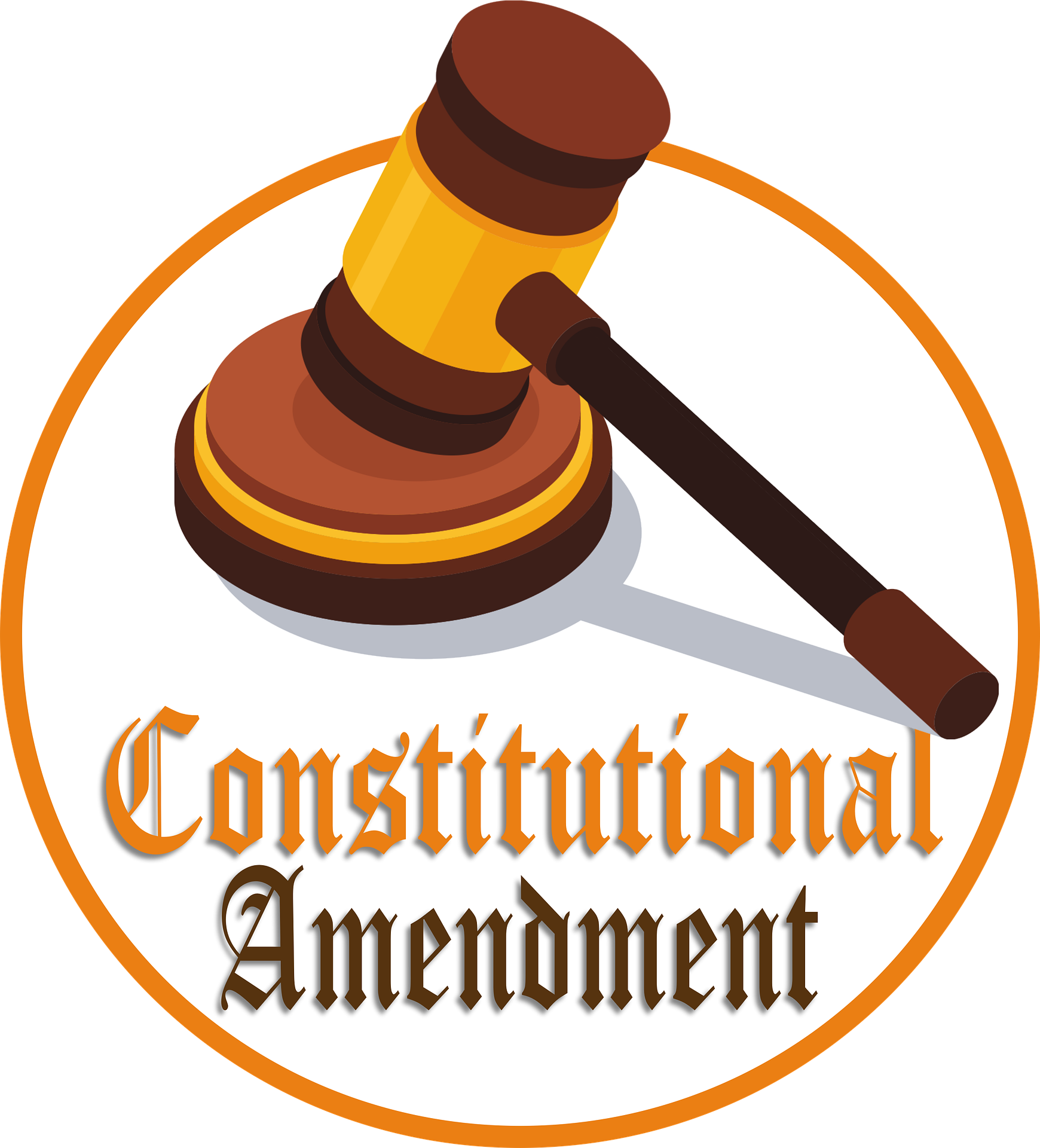6th Graders Conduct Mock Legislative Hearing to Explore the First Amendment

While the School House Rock Classic, “I’m Just a Bill” provides a basic overview of how public policy is created in Congress, sometimes, it is what is “between the lines” of the textbook (or song) that makes the democratic processes of our republic come to life for our youngest citizens.
Simulations of democratic processes are a proven practice of civic education embedded in the Illinois 6-8 and 9-12 civics course requirements. Simulations of democratic processes allow students to “do civics” in a safe environment to learn and practice knowledge, skills, and dispositions necessary to navigate and understand institutions of power.
Corie Yow, a 6th-grade social studies teacher in Ball-Chatham CUSD #5 outside of Springfield, Illinois, engaged her students in a mock legislative hearing to deliberate the question, “Just because the Supreme Court made flag desecration legal, does it make it right?”
Corie, an Illinois Civics Hub Regional Instructional Coach for Menard, Sangamon, Macoupin, Christian, Montgomery, Bond, Fayette, Effingham, Madison, Jersey, Greene, and Calhoun Counties, was one of 33 participants in this fall’s Guardians of Democracy cohorts led by the Illinois Civics Hub, adding a silver badge in the proven practice of current and controversial issue discussions to her previous gold badge in simulations of democratic processes.
We asked Corie to share her reflections on her engaging her students in a current and controversial issue discussion combining a Socratic seminar with a mock legislative hearing. Here are her responses.
Briefly describe your current and controversial issue for your mock legislative hearing. What prompt did you use? Why is this an open and relevant issue for students?
After learning about the outcome of the U.S. Supreme Court case: Texas V. Johnson, students were asked the question, “Just because the Supreme Court made flag desecration legal, does it make it right?” After having a small unit on the flag code, Veterans Day, and a moot court simulation, many students were outraged by the outcome of the Supreme Court case. Since it was such a close ruling of 5-4, in favor of Johnson, many people disagree making it a controversial issue still today.
What strategy did you use for this discussion? Why did you choose this strategy?
Building from the moot court, I wanted students to experience a Legislative Hearing where they were proposing a Constitutional Amendment to prohibit flag desecration. To prepare for this simulation, I wanted students to seek out more information before determining their own opinion; therefore, I selected a Socratic Seminar. This strategy allowed students to ask questions to clarify and gain a deeper understanding of the various viewpoints surrounding flag desecration.
How did students gain the necessary background knowledge for this discussion?
Students first studied the case of Texas V. Johnson and then they dissected a piece of text, an excerpt from “When Supreme Court Justices Have Disagreed About the American Flag,” outlining various viewpoints of flag desecration.
How did this activity deepen students’ disciplinary content knowledge and/or meet learning targets?
This activity helped students practice the skills of gathering information, developing claims, and communicating their conclusions while extending their knowledge on the Constitution, specifically the First Amendment, and the workings of the Judicial and Legislative branches of government.
How did this project deepen students’ knowledge of themselves and their community?
Students were able to gather information by exploring multiple various viewpoints and perspectives before drawing their own conclusion. Students were able to deepen their knowledge of themselves by evaluating the information presented in the text and throughout the discussion to develop their own opinion. After developing their own opinion and claim, students had the opportunity to inform and try to persuade their classmates to side with their views.
Do you have any reflections from students that illustrate what they learned from this dialogue through a mock legislative hearing? P below.
- “I got to hear other people’s ideas and opinions, which persuaded me to think in different ways and to change my perspective. In my other classes we just read and answer questions, so this was the first time we have been able to do something like this.” -Charlotte
- “I liked having a coach because he helped me to improve my own discussion skills. The discussion helped me think outside of the box. You could be thinking one thing and someone can throw you a curveball and talk about a different perspective. I had to think fast on my feet, so I could respond. The discussion helped me see a different perspective. Even if I did not support their perspective, it gave me a chance to see and understand where they were coming from.” – Hudson
What advice would you give teachers thinking about opportunities for engaging their students in classroom discussions?
Go for it! It is well worth it and the students will pleasantly surprise you. It is awesome to see how the students take control of their own learning and push each other’s thinking, even opening their minds to other perspectives and possibilities.
If you are interested in participating in the Guardians of Democracy Microcredential Program, registration is now open for the winter cohorts. For more information, including course syllabi, visit https://guardiansofdemocracyteachers.org/.
